CPAP vs. Oral Appliances: What’s the Best Treatment for Sleep Apnea?
If you’ve been diagnosed with sleep apnea, you probably know that getting a good night’s sleep isn’t as easy as it should be. Sleep apnea causes your airway to become blocked or narrowed during sleep, which can leave you gasping for air, snoring, or feeling exhausted even after a full night in bed. The good news is, our Farmington, NM sleep dentist, Dr. Charles Schumacher offers treatments to help you breathe better and sleep soundly again. The two most common options are CPAP machines and oral appliances.
But what’s the difference between the two, and how do you know which is right for you? Contact our Farmington office today by calling (505) 427-2936.

What is CPAP?
CPAP stands for “Continuous Positive Airway Pressure.” It’s the most commonly prescribed treatment for sleep apnea. CPAP machines work by delivering a steady stream of air through a mask you wear over your nose, or both your nose and mouth, while you sleep. This constant air pressure helps keep your airway open, preventing those nighttime blockages that lead to sleep apnea symptoms.
- Highly effective: CPAP is considered the “gold standard” in sleep apnea treatment because it consistently keeps the airway open and improves sleep quality.
- Proven for severe cases: If you have moderate to severe sleep apnea, CPAP is often the best choice because it provides reliable, continuous airflow.
- Not the most comfortable: Many people find it uncomfortable to wear a mask all night. It can feel bulky, and some struggle with the noise, dry mouth, or difficulty adjusting to the machine.
- Requires maintenance: CPAP machines need regular cleaning, and the mask and tubing may need to be replaced periodically.
- Travel inconvenience: While there are portable CPAP machines, they can still be cumbersome to travel with, especially compared to smaller treatment options.
What is an Oral Appliance?
An oral appliance is a custom-fitted device (kind of like a mouthguard) that you wear while you sleep. The appliance works by holding your jaw in a slightly forward position, which helps keep your airway open by preventing the tongue and soft tissues in your throat from collapsing and blocking airflow.
- Comfortable and easy to use: Most people find oral appliances less intrusive and more comfortable than a CPAP machine. There’s no mask or hose to deal with.
- Portable and travel-friendly: Oral appliances are small and easy to pack, making them a great option if you travel a lot or don’t want the hassle of carrying a machine around.
- Quiet: No need to worry about machine noise disturbing your sleep (or your partner’s).
- Not as effective for severe cases: Oral appliances tend to work best for people with mild to moderate sleep apnea. If your sleep apnea is severe, your doctor may recommend CPAP instead.
- Jaw discomfort or teeth shifting: Some users experience discomfort in their jaw or notice changes in their bite over time. Regular follow-ups with your dentist can help adjust the device and prevent long-term issues.
- May take time to adjust: Just like with a CPAP, it can take some time to get used to wearing an oral appliance. But once you get used to it, many people find it much more comfortable.
Which One is Right for You?
Choosing between CPAP and an oral appliance depends on a few key factors:
- Severity of your sleep apnea: CPAP is often the better option for people with moderate to severe sleep apnea. If your case is mild to moderate, an oral appliance could be a good alternative.
- Comfort and lifestyle: If you’re someone who struggles with the idea of wearing a mask all night or dealing with a noisy machine, an oral appliance might be a more comfortable solution. On the other hand, if you’ve tried oral appliances and they just aren’t cutting it, CPAP can be a more reliable treatment option.
- Travel and convenience: If you travel frequently or just want something simple and portable, an oral appliance is easier to carry and maintain.
- Side effects and maintenance: Both CPAP and oral appliances come with their own sets of side effects and maintenance routines. CPAP users may experience dry mouth, skin irritation, or sinus issues, while oral appliance users may deal with jaw discomfort. Both treatments require regular cleaning, but CPAP machines involve more parts and upkeep.
Can You Combine Treatments?
Yes! Some people use both CPAP and an oral appliance, depending on the situation. For instance, you might use a CPAP machine at home but switch to an oral appliance when traveling. In some cases, people use an oral appliance to lower the air pressure needed from their CPAP, making both treatments more comfortable.
Frequently Asked Questions
What’s the difference between CPAP and an oral appliance for treating sleep apnea?
CPAP (Continuous Positive Airway Pressure) uses a machine that delivers a constant stream of air through a mask to keep your airway open while you sleep. An oral appliance is a custom-fitted device that you wear in your mouth, which works by moving your jaw slightly forward to prevent airway blockage. CPAP is typically more effective for severe sleep apnea, while oral appliances are often used for mild to moderate cases.
Is an oral appliance as effective as a CPAP machine?
Oral appliances are effective for many people with mild to moderate sleep apnea. However, for those with severe sleep apnea, CPAP is usually more reliable because it provides constant airflow. The right choice depends on the severity of your condition, and you should discuss options with your doctor or dentist.
Can I travel with a CPAP machine or an oral appliance?
Both CPAP machines and oral appliances can be used while traveling, but oral appliances are much more portable. CPAP machines are bulkier and require power, though there are portable versions available. Oral appliances are lightweight, easy to pack, and don’t require any setup.
What are the side effects of using CPAP vs. an oral appliance?
CPAP users may experience dry mouth, nasal congestion, skin irritation from the mask, or difficulty getting used to the machine. Oral appliance users may notice jaw discomfort, teeth shifting, or drooling. Both treatments can be adjusted to improve comfort, and any side effects should be discussed with your doctor or dentist.
Find The Best Treatment For You
Both CPAP and oral appliances are effective treatments for sleep apnea, but the right choice for you depends on the severity of your condition, your personal comfort, and your lifestyle needs. If you’re unsure which one is best for you, schedule a consultation with your Farmington sleep dentist by calling (505) 427-2936. Dr. Schumacher can guide you based on your sleep study results and help you make the best decision for your health and quality of sleep.
Dr. Schumacher is dedicated to enhancing the sleep quality of New Mexico patients in Bloomfield, Aztec, Upper Fruitland, and Farmington.
